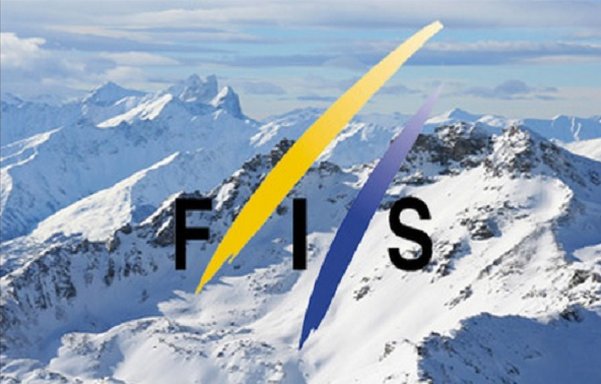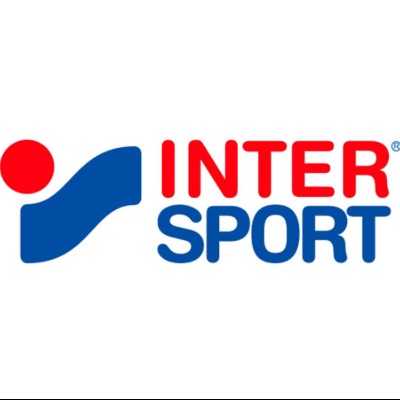FIS Athletes Represented At WADA Symposium, Publishes Testing Figures 2017/18

FIS Athletes’ Commission member and cross-country skier Virginia de Martin Topranin (ITA) represented the FIS athlete community at the World Anti-Doping Agency’s Annual Symposium which took place last week in Lausanne (SUI). FIS was represented by its Anti-Doping Coordinator Sarah Fussek.
Under the theme “Shaping the Future of Clean Sport”, compliance, funding and capturing the athletes’ voice were among the main topics at the Symposium.
The gathering, which is generally recognised as the leading fixture on the anti-doping calendar, gathered a record 900 delegates from the global anti-doping community for three days of presentations, interviews, panel discussions, practical workshops and networking sessions.
Between sessions, videos of the FIS Clean as Snow campaign - which were produced in partnership with the Finnish Anti-Doping Agency in the lead-up to the Lahti 2017 FIS Nordic World Ski Championships - were displayed in the main auditorium to highlight some of the work taking place in the anti-doping community around the world.
The importance of athletes having an active role in clean sport initiatives was reinforced by the representation of WADA and International Federations Athlete Committee members.
Former cross-country skier Beckie Scott, WADA’s Athlete Committee chair gave an update on progress of the Anti-Doping Charter of Athlete Rights, which will be included within the 2021 Code.
Meanwhile, WADA will be holding its first-ever Global Athlete Forum from 3rd-4th June in Calgary (CAN), which will be an opportunity for athletes to contribute significantly to shaping the future of clean sport.
Virginia commented on her experience: "My first time attending the Symposium was extremely interesting, especially to realise how many people are supporting clean sport. I met the WADA Athlete Committee members and it was truly inspiring to see with how much enthusiasm, commitment and determination they are working for the athletes’ rights to complete clean. The contribution of athletes in this context is crucial as it complements the work of the experts. The FIS Athletes’ Commission is in close contact with the WADA Athlete Committee to exchange important information.”
The past Olympic season saw a testing programme, in close collaboration with the Taskforce set up by the International Olympic Committee (IOC) and the World Anti-Doping Agency (WADA), ahead of the Olympic Winter Games PyeongChang 2018 (OWG) to optimise and monitor the testing of athletes. This included a close collaboration with various National Anti-Doping Agencies. Testing during the period of the OWG falls under the authority of the IOC.
Under FIS authority, a total of 510 in-competition urine and 53 blood samples were collected. One of the key activities remains collecting athlete biological passport (ABP) tests.
In the season 2017/18 (including the training period) starting with 1st May 2017, FIS conducted out-of-competition a total of 1,238 urine (404 incl ESAs), 293 blood and 1,129 blood passport collections. Many more doping control samples were collected in FIS sports under the authority of the National Anti-Doping Agencies, and these numbers are not included in the FIS statistics.
FIS especially appreciated the cooperation with the Austrian (NADA Austria) and Swedish (RF Sweden) Anti-Doping Agencies in connection with the Test Events for the FIS Nordic and Alpine World Ski Championships 2019, which will be held in Seefeld (AUT) and Are (SWE) respectively.













